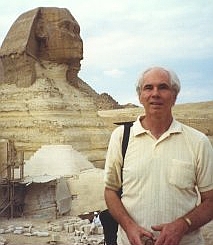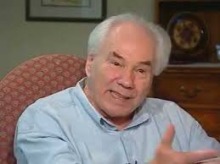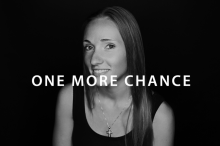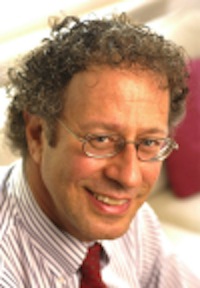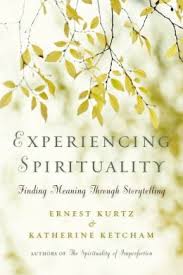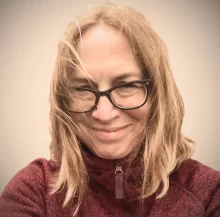 I am really pleased to introduce the fourth of our Recovery Voices, Dr. Wendy Dossett, who is interviewed by my colleague Wulf Livingston. Wendy is a person in recovery who is an Associate Professor of Religious Studies at the University of Chester, UK, and Director of the Chester Studies of Addiction, Recovery and Spirituality Group.
I am really pleased to introduce the fourth of our Recovery Voices, Dr. Wendy Dossett, who is interviewed by my colleague Wulf Livingston. Wendy is a person in recovery who is an Associate Professor of Religious Studies at the University of Chester, UK, and Director of the Chester Studies of Addiction, Recovery and Spirituality Group.
I have edited Wendy’s fascinating interview into 16 short films totalling 85 minutes and 55 seconds. She describes how she reached out for help 18 years ago at a time when she was in absolute agony due to her drinking problem. She has not had a drink of alcohol since that time. In their fascinating discussion, Wendy and Wulf cover a wide range of topics, including the nature of addiction, a wide variety of aspects related to the 12-Step Fellowship, foundations of recovery, grassroots community, recovery advocacy and the system, and recovery friendly universities.
In the first film, Wendy and Wulf initially discuss how long they have known each other, probably around a decade. Whilst Wendy works in England, she lives in the heart of Snowdonia in Wales. She lived in or near Lampeter in South West Wales for 23 years, before spending the last 12 years in North Wales. She considers herself very lucky to live where she does. Wendy also describes her academic background in religious studies, and her interest in the discourse of religion and spirituality.

